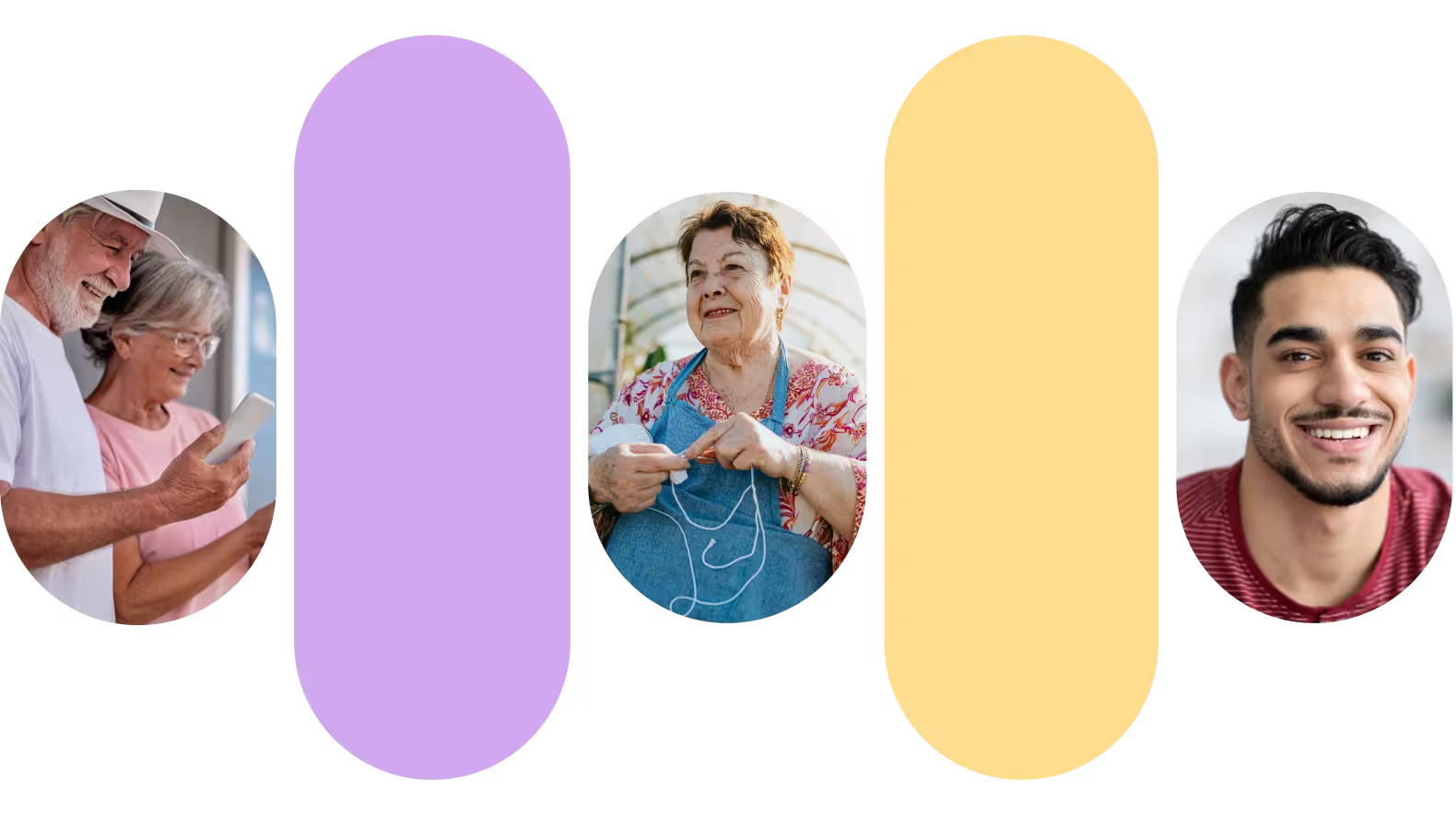Nagish Secures Second FCC Certification: A Game-Changer for Accessibility
Nagish secures FCC certification for IP Relay services, offering AI-driven, privacy-first communication solutions for the Deaf, DeafBlind, and speech-disabled.

Nagish has hit another major milestone, and we couldn’t wait to share the news. In less than a year since our IP CTS certification, we’ve secured our second Federal Communications Commission (FCC) certification—this time for providing IP Relay services.
What is IP Relay?
IP Relay allows people to make and receive calls using any internet-connected device—smartphones, tablets, computers, and more—exclusively via text. For those who are profoundly deaf, impacted by hearing loss, non-verbal, or DeafBlind, this service is a game-changer. It’s about independence, seamless connection, and a better way to communicate.
Breaking New Ground in Accessibility
For years, the usage of IP Relay services has been in decline, partly due to the lack of options in the market, with only one certified provider offering the service. The lack of options left a critical gap for people who rely on text-based communication. Now, Nagish has stepped in as the provider of the future. We are reinventing IP Relay by offering a privacy-first approach that relies solely on AI, with no other humans in the loop. This means faster services, higher accuracy, and ultimate privacy. More importantly, it means more choices and better technology for users who need it most.
As the FCC notes:
"Since 2013–14, there has been only one operating IP Relay provider, and numerous consumer advocacy groups have urged the Commission to expand the options available to IP Relay users. IP Relay is often the sole means of relay services for certain populations, including those who are DeafBlind or rely on text communications."
We couldn’t agree more. This certification underscores our commitment to addressing critical gaps in accessibility.
The Journey to IP Relay
IP Relay - a service for deaf and non-verbal individuals was our very first product and our vision for Nagish all along—we knew how big of an impact we could make for deaf, DeafBlind, speech-disabled, and hard-of-hearing communities who rely on text-based communication. Receiving this certification is a testament to our team’s dedication.
Why AI Is a Game-Changer for Accessibility
Nagish’s approach to accessibility is powered by cutting-edge AI technology—and that’s what sets us apart. Our real-time captioning engine leverages advanced speech-to-text and text-to-speech technologies to bridge communication gaps without relying on third-party operators. This end-to-end, AI-driven model ensures greater privacy, faster service, and compliance with the highest regulatory standards.
For us, this is more than just technology. It's about empowering human connection by advocating for each individual's ability to communicate freely, directly, and effectively without barriers or intermediaries.
What’s Next for Nagish?
This latest certification is not the finish line—it’s just the beginning. Our mission to create accessible communication solutions remains stronger than ever. We’re committed to:
- Expanding our reach: Bringing our services to more communities.
- Provide accessible solutions at no cost: Ensuring direct communication is a human right.
- Hiring inclusively: Building a team that reflects the diverse communities we serve.
- Innovating continuously: Developing new solutions to address unmet accessibility needs.
This milestone validates our mission and inspires us to keep breaking barriers. We’re grateful for the opportunity to make a difference and excited for the journey ahead.
Stay tuned as we continue to innovate, advocate, and bring accessible communication to more people than ever before.













.png)